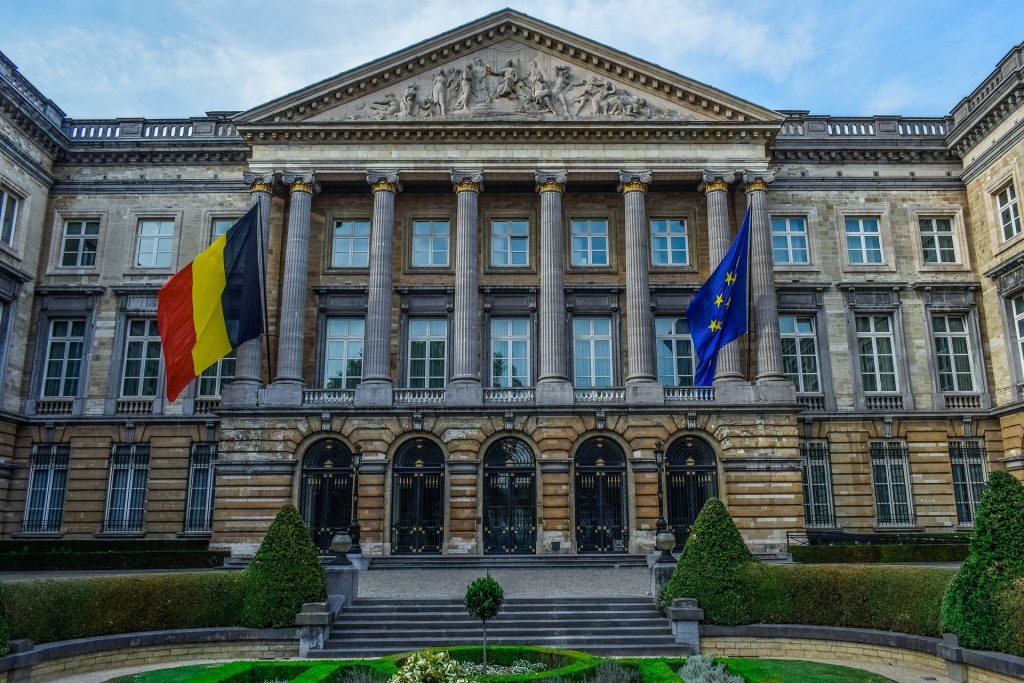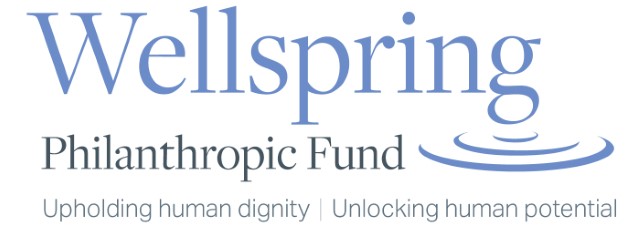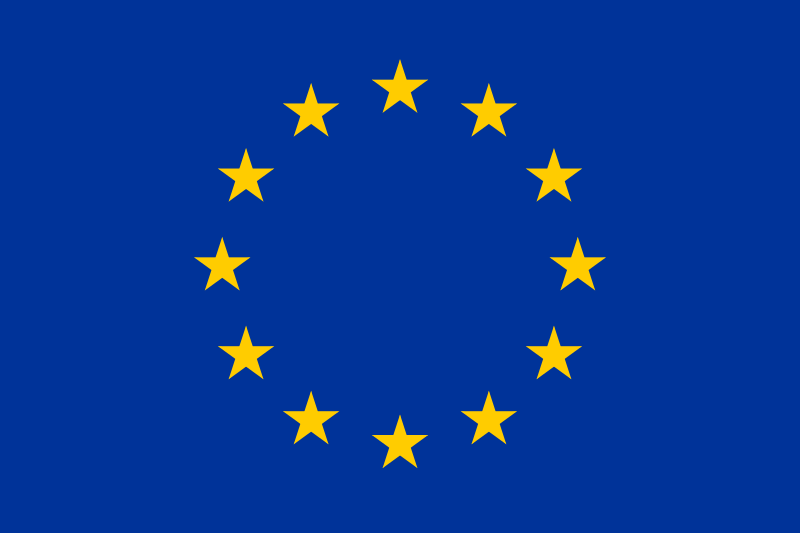Press Release:

On Thursday 11th of February 2021, members from all the parties present at the plenary session of the Belgian House of Representatives unanimously adopted the “Resolution for recognizing the right to bodily integrity of intersex minors”.
We congratulate the House of Representative on this important step towards recognizing and protecting the human rights of intersex people in Belgium and Belgian intersex human rights activists and NGO’s on their successful awareness raising work in the past years!
This resolution is a clear step towards the protection human rights and bodily integrity of intersex children. It calls on the federal government to create “a legislative framework protecting the physical integrity of intersex minors” by ensuring “the prohibition of any decision to change the sexual characteristics of a minor without their fully informed consent, whether for social, psycho-social, cultural or aesthetic reasons.” The resolution stipulates as the only exception the case of a “serious medical necessity” (§2), i.e. an “emergency situation making it impossible to delay the decision”(§1). In this case, the child’s capacity to consent must be assessed and if they are able to consent, they must participate in the procedure. In any case, the treatments are prohibited if they have cultural, social, psychosocial and/or aesthetic purposes (§1).
“We applaud the House of Representatives for taking a clear stand against a vague interpretation of ‘medical necessity’ and for defining it according to its original definition, that has recently been confirmed by the French Conseil d’Etat in its 2018 Révision de la loi de bioéthique: quelles options pour demain?”, says Dan Christian Ghattas, Executive Director of OII Europe and continues: “We also welcome that the resolution emphasized the strong need to have civil society included in the process of developing the adequate legal framework.”
The Resolution calls on the Belgian government to comprehensively include intersex-led NGOs and intersex civil society in the development of all measures aiming to protect their rights (§1, §2); to ensure the right of intersex people to being provided with all needed information (§8); to collect data to increase the knowledge about the number of interventions on intersex people’s sex characteristics (§4); to combat the stigma that surrounds people with variations of sex characteristics (§7), including trainings for all professionals who play a role in intersex people’s lives (§6); to create reliable monitoring mechanisms while ensuring intersex people’s privacy (§5); and points to the need to review sex/gender registration rules (§14).
Last but not least the resolution highlights the often overlooked, completely insufficient protection of intersex people in the asylum and migration policy framework (§13).
– – –
While providing, in many areas, an excellent basis for future legislation, the resolution unfortunately does not address others, including
- comprehensive protection on the grounds of sex characteristics;
- ensuring intersex people’s access to medical records;
- legal sanctions for breach of law when performing medical treatment that does not fall under the stipulated exception;
- a review of national medical classifications that pathologize variations of sex characteristics;
- ensuring fair redress to the victims and extending the statutes of limitations;
- guarantee the right of intersex children and their families to get expert sensitive counselling, in a non-medicalised setting and with a human rights based approach;
- consistently commiting to depathologizing, non-stigmatizing and human rights based terminology.
All these areas need to be included in a comprehensive protective framework. (please also see for a full check list https://www.oiieurope.org/wp-content/uploads/2019/05/Protecting_intersex_in_Europe_Checklist.pdf)
In addition, the resolution calls for the establishment of “at least two reference centers within a hospital for intersex persons” in the country, which would be responsible for assessing the best interest of the child, the degree of urgency and the serious medical necessity (§9).
Initial research indicates that the interdisciplinary composition of a commission based in the clinical setting and led by health professionals does not incorporate psychosocial and psychological expertise to the same degree, instead reflecting an “overwhelmingly unidisciplinary, medicalized knowledge and talking about intersex variations”. Such an understanding “prefigures service priorities and dictates clinical processes”.
(Source: Lih-Mei Liao & Katrina Roen (2019): The role of psychologists in multi- disciplinary teams for intersex/diverse sex development: interviews with British and Swedish clinical specialists, Psychology & Sexuality, DOI: 10.1080/19419899.2019.1689158)
Furthermore, if those medical centers also conduct operations and treatment on intersex individuals and have done so in the past, a conflict of interest may be inevitable. Experts in such multidisciplinary team should therefore be comprised of non-clinical experts including independent human rights experts experienced in intersex issues, and should not be led by the responsible medical practitioners.
“We call on the Belgian government to create adeqate legislation to comprehensively protect all intersex people and especially intersex infants and adolescents from harmful medical practices, and from the multiple discrimination and other human rights violations they still face”, says Miriam van der Have, Co-Chair of OII Europe. “We hope and wish that any future legislation will fully respect and promote the human rights of intersex people in every context of life. “
– END –










